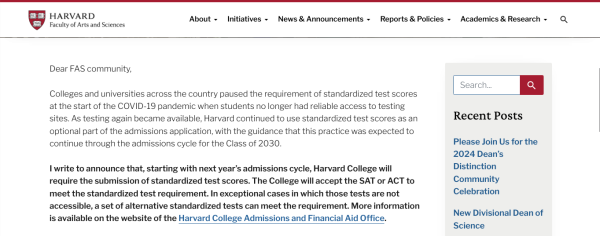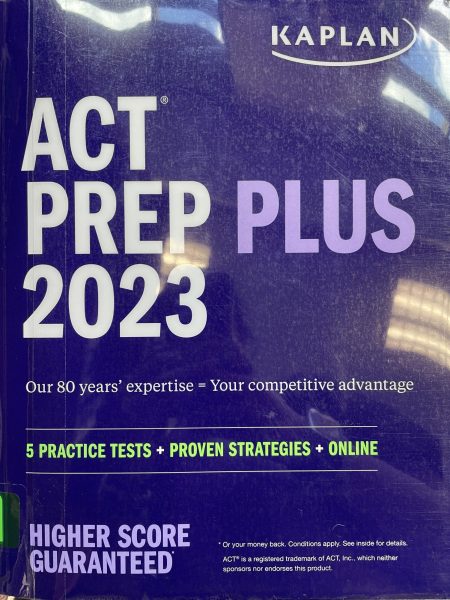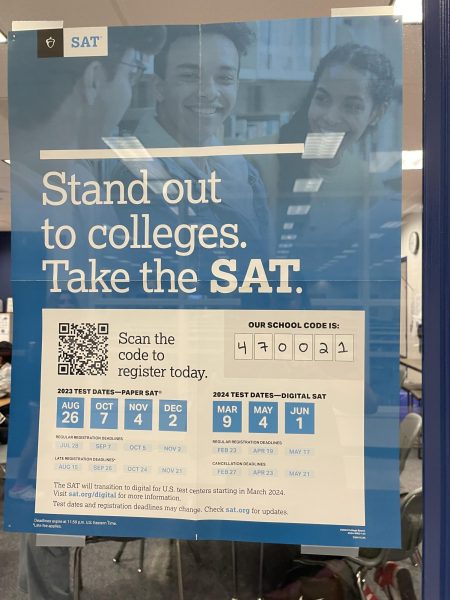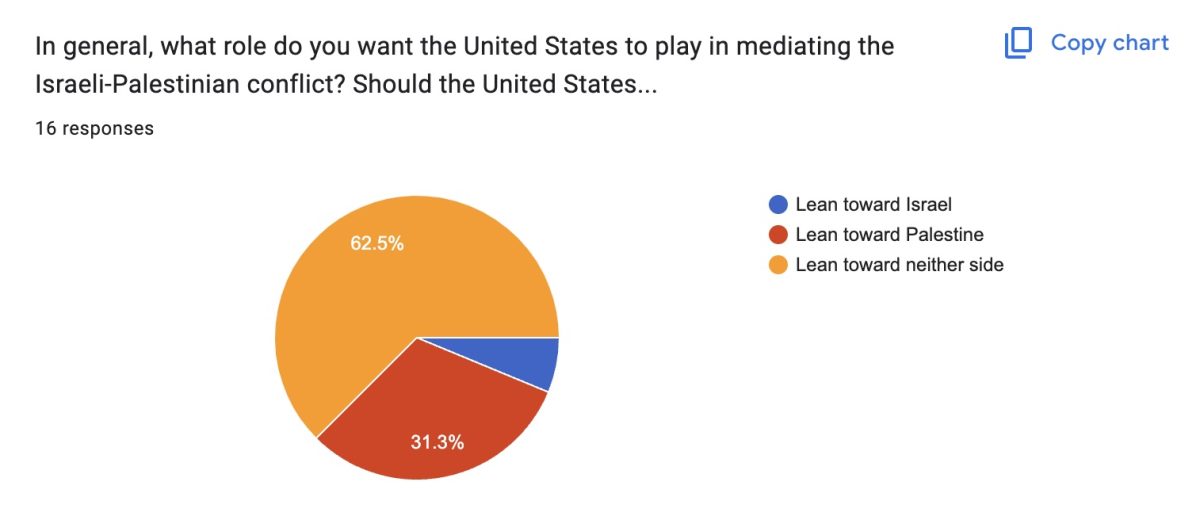With Harvard University being the first to take away their test-optional applications, it is predicted that colleges will start to require the submission of standardized test scores.
Standardized tests are a means for all students, regardless of their background and life experience, to provide information that is predictive of success in college and beyond. It has been debated whether submitting scores for college applications should be required or kept the same way it has been since the pandemic.
“I write to announce that, starting with next year’s admissions cycle, Harvard College will require the submission of standardized test scores,” Harvard said in their return to Required Testing announcement through Dean, News. “The College will accept the SAT or ACT that meet the standardized test requirement. In exceptional cases in which those tests are not accessible, a set of alternative standardized tests can meet the requirement.”

Many colleges opted for test-optional admissions due to the start of COVID-19 restricting the ability of students to take the test. As the virus starts to approach normal levels, colleges are reverting to their previous admission requirements.
“Harvard was one of more than a thousand educational institutions that implemented test-optional policies of in June 2020 due to limited access to testing as a result of the Covid-19 pandemic.” Forbes’ released issue on Harvard’s testing requirements stated.
Even though the number of colleges that require test scores has decreased, universities such as Brown, Dartmouth, Georgetown, Purdue, and around 20 more still require test scores for the class of 2029/2030 and onwards. Colleges find that these standardized tests help to showcase individuals’ academic readiness and potential.
“The results regarding the amount of students that take the SAT/ACT every year vary from school but following Covid-19 there was a noticeable drop in the number of students that signed up to take the test,” Daniel Kim said. “Now that in-person school has returned to a mostly normal, I am predicting that students will be more adamant about taking the test.”

Now that the number of universities that require test scores has increased, the amount of students that take these standardized tests is predicted to gradually increase. Many students ended up not taking SAT’s or ACT’s because they found that they were able to get into colleges without doing the extra work of standardized testing.
“When I applied for colleges in the fall there were little to no colleges that required me to submit my SAT/ACT scores,” senior Kenzie Skinner said. “Common app sends out my scores to all of the colleges for me, if I had to individually submit my scores I probably wouldn’t opt for that when I was filling out my forms.”

Most students already have the colleges they want to apply for in mind when the time comes. If the colleges they want to apply to don’t require scores, then they will most likely not take the SAT/ACT.
“I already knew the one school I wanted to apply for and only applied to that school,” senior Cassidy Grenier said. “Since that school didn’t ask for my scores I didn’t take the test because I didn’t need to; I could get in without it.”
Standardized tests like the SAT/ACT require a registration fee as well as a charged late fee if you fail to register on time. This means students are paying to take the test with chances that they don’t pass or get below the score they need.
“It honestly depends on the student and what colleges they want to apply for,” Kim said. “I recommend that students take them either way because if the scores are good it looks great on college applications.”































